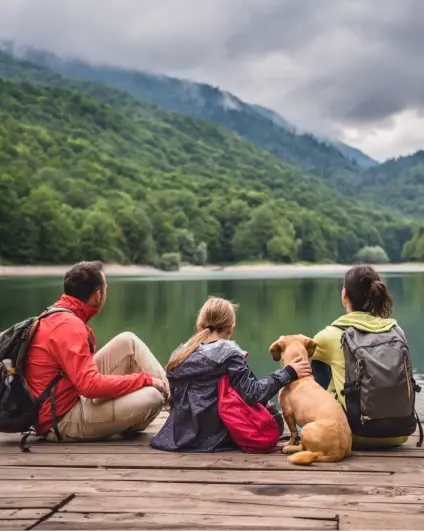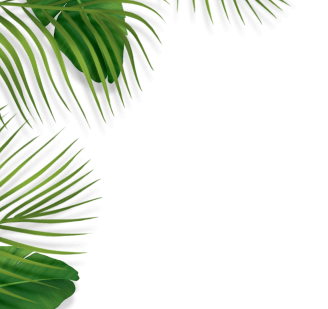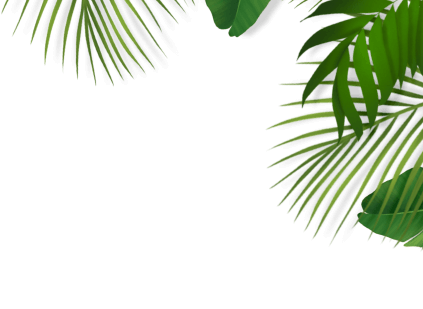
Welcome to Bhutan
Book Now
10% Off
For Your First Book
General
Yes, all foreign tourists (except Indian, Maldivian, and Bangladeshi nationals) require a visa. You cannot apply independently – visas are processed by licensed Bhutanese tour operators. Your agency will handle the visa upon full payment of your tour package, approved by the Tourism Council of Bhutan (TCB).
Bhutan enforces a Sustainable Development Fee (SDF) of $100 USD per person per night (lower for children). This excludes accommodation, meals, transport, and guide fees. Tour packages (arranged only through licensed operators) bundle these costs. The SDF funds Bhutan’s free healthcare, education, and environmental conservation.
High Season: March-May (spring, blooming rhododendrons) & September-November (autumn, clear skies for mountain views).
Shoulder Season: December-February (cold, sunny days; great for festivals like Punakha Tshechu).
Low Season: June-August (monsoon; lush landscapes but possible travel disruptions).
Yes, all tourists must be accompanied by a licensed Bhutanese guide at all times. Independent travel isn’t permitted. Guides ensure cultural respect, assist with logistics, and enrich your experience with local insights.
The local currency is the Ngultrum (Nu.), pegged to the Indian Rupee (INR). INR is widely accepted. ATMs exist in towns, but carry cash (Nu. or USD) for remote areas. Credit cards work in major hotels/shops, but don’t rely on them exclusively.
Dress modestly: Cover shoulders/knees (especially in temples).
Respect sacred sites: Remove shoes/hats in dzongs/temples; no photography inside shrines.
Receive/give politely: Use both hands (or right hand supported by left) for offerings/gifts.
Don’t point: Gesture with an open palm.
Avoid public displays of affection.
Strongly recommended. Medical evacuation from remote areas is expensive. Ensure your policy covers high-altitude trekking (if applicable) and trip cancellations.
Travel Tips
WiFi is available in most hotels but can be slow. Buy a local SIM card (Bhutan Telecom or TashiCell) at Paro Airport or in towns (requires passport copy). Data is affordable and reliable in populated areas.
Layered clothing (temperatures vary).
Sturdy walking shoes (terrain is steep!).
Rain gear (even in dry seasons).
Sunscreen, hat, and sunglasses (high UV).
Reusable water bottle (tap water unsafe; bottled/filtered water provided).
No. All treks require a licensed guide, permits, and pre-arranged logistics through your tour operator. Popular treks (e.g., Druk Path, Snowman) have camping crews.
Drone use is strictly prohibited without a permit (rarely granted). Unauthorized use leads to confiscation and fines.
Bhutan is carbon-negative! Help preserve it:
- Avoid single-use plastics (bring a reusable bottle).
- Stick to trails.
- Never litter (fines apply).
- Use biodegradable toiletries.

